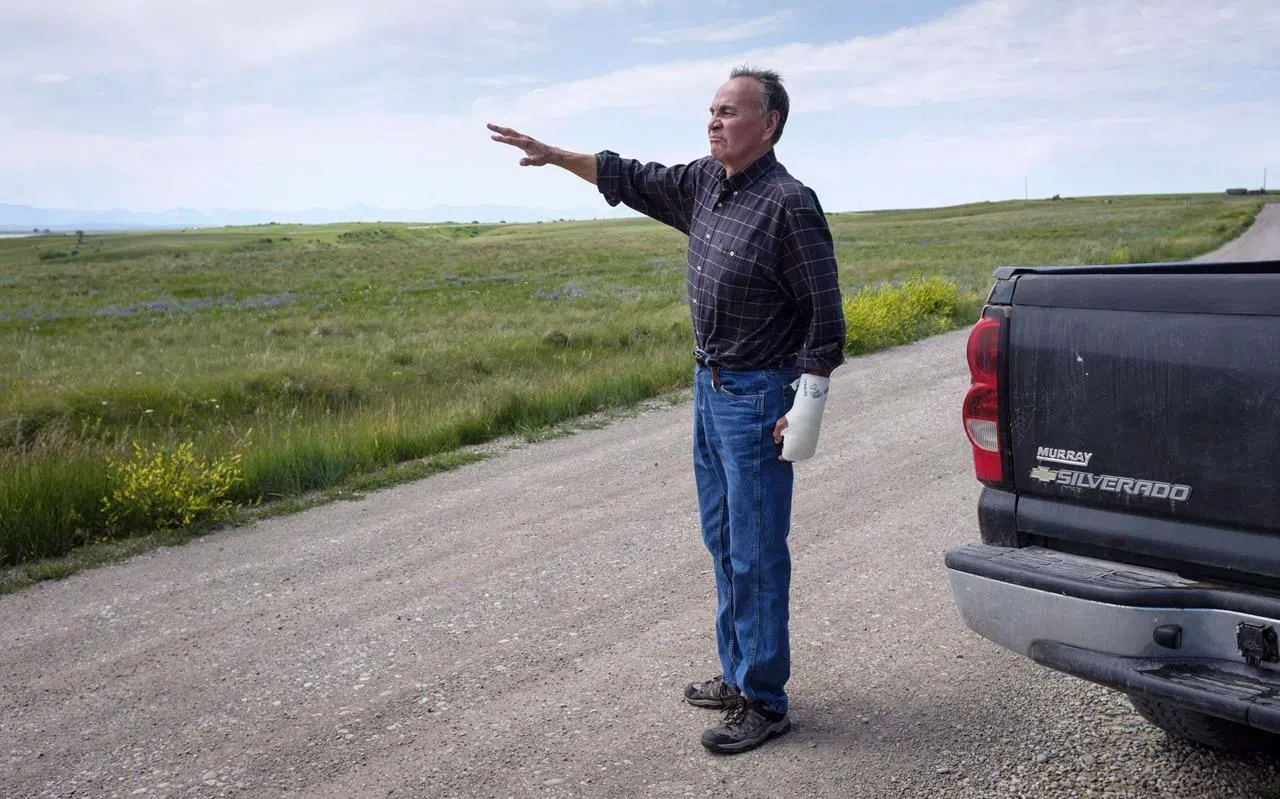
Judge orders land dispute involving former Alberta chief back to Square 1
CALGARY — A federal judge has sent a land dispute between two families on Canada’s largest First Nation back to Square 1.
Justice Michael Manson did not overturn a decision that transferred land from former Blood Tribe chief Harley Frank to another family.
But in a 29-page ruling, Manson noted that the process used by the Blood Tribe, which included a rejection from an appeal board, wasn’t fair to the Frank family.
“The applicants were denied procedural fairness,” wrote Manson.


